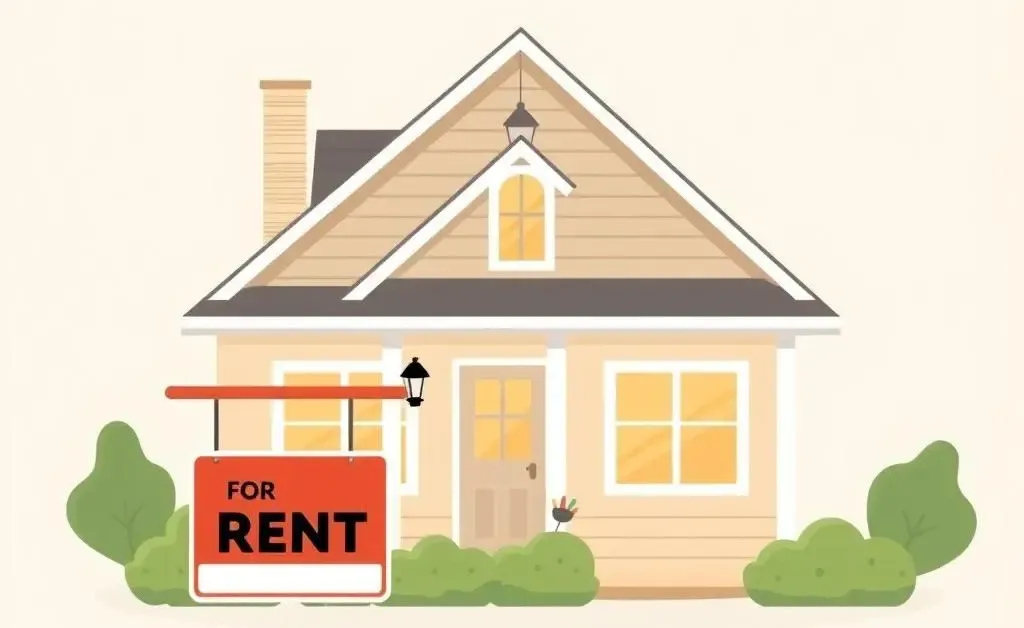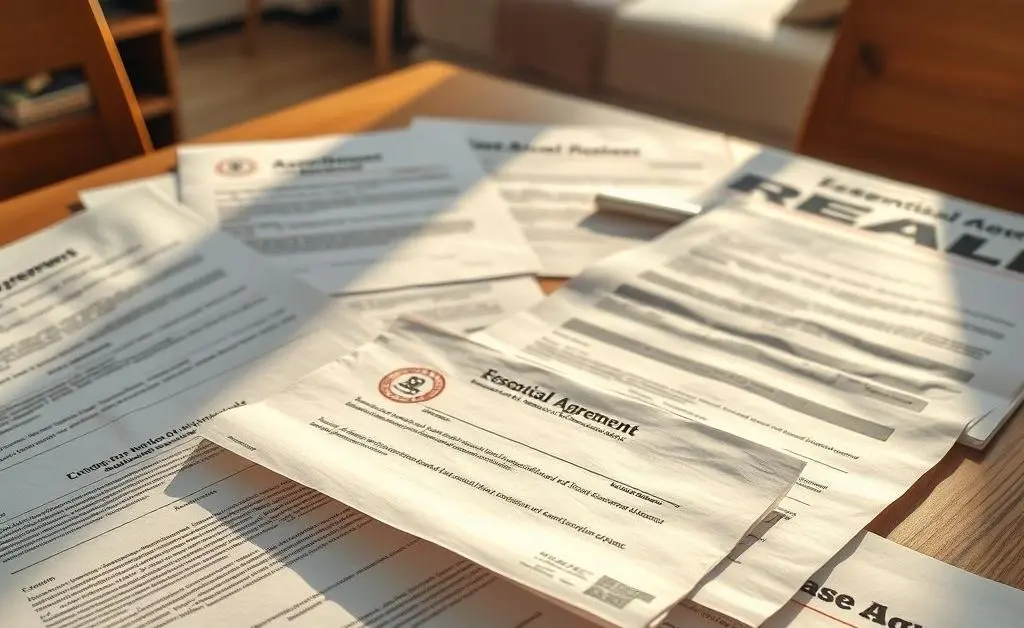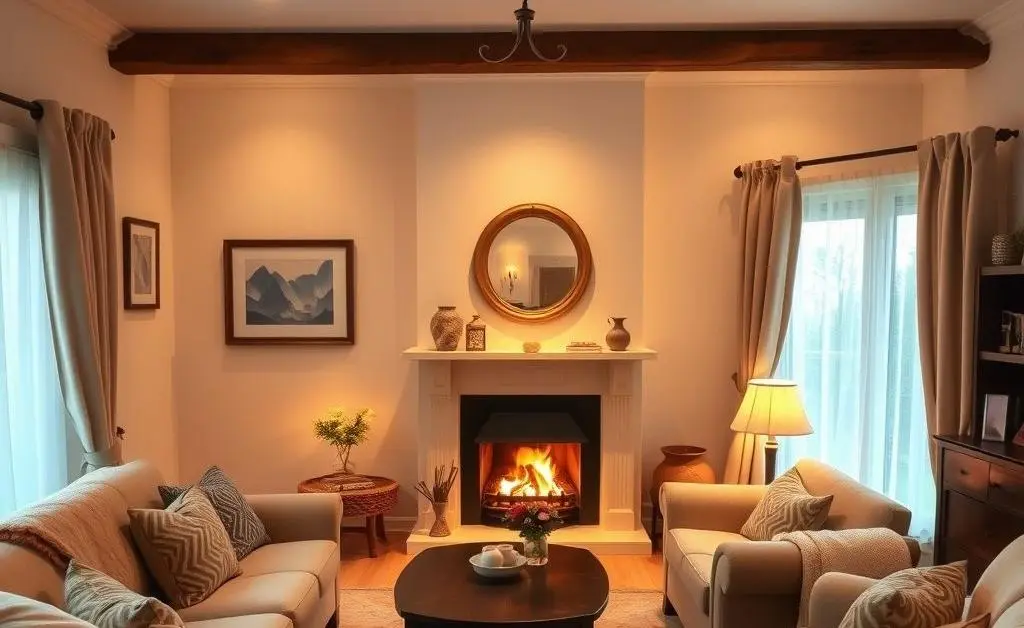Is Renting Out Your Spare Room a Legal Headache or a Smart Move?
Explore the ins and outs of renting a room legally and safely.

Have you ever wondered if renting out that extra room in your home is more trouble than it's worth? Let's dive into this intriguing topic and unravel some of the common myths and truths about room rental legality and practicality.
Understanding Legal Considerations
Before opening your doors to potential tenants, it’s crucial to understand the legal landscape. Here are some key points to keep in mind:
- Check local zoning laws: Some areas may have specific restrictions on room rentals.
- Understand lease agreements: Make sure any agreements align with local landlord-tenant laws.
- Consult with tax advisors: You might need to report rental income on your taxes.

The Benefits of Renting Out a Room
A friend of mine, James, was hesitant about renting out his spare bedroom. However, with a bit of research and a carefully written agreement, he turned an empty space into a source of extra income that also helped him meet interesting individuals from all walks of life.
Here are some advantages you might enjoy:
- Extra Income: Easier to manage than taking up a side job.
- Company: Perfect for those who enjoy meeting new people.
- Shared Expenses: Share utilities and internet costs.

Making Your Rental a Success
Transforming a space into a rental can seem daunting, but here are practical steps to ease the process:
Prepare the Room
Ensure the room is clean, well-furnished, and has necessary amenities like internet access. A little investment in comfort goes a long way.

Draft a Solid Contract
A clear, fair contract ensures both parties know their rights and responsibilities, avoiding misunderstandings down the line.
Vet Your Tenants
Background checks and personal references can help in choosing a trustworthy tenant.
Have you considered the potential of turning a spare room into a valuable asset? What preparations would you make to ensure a smooth rental experience?




